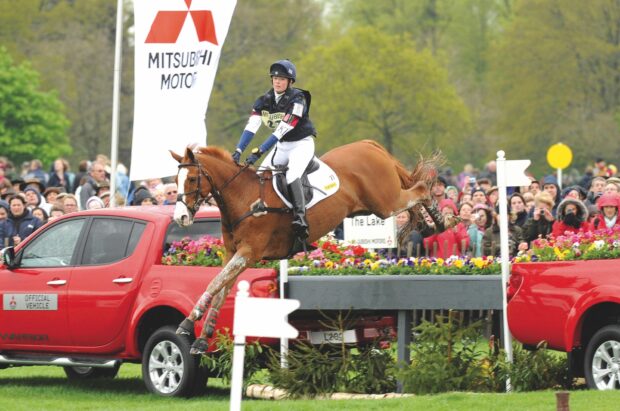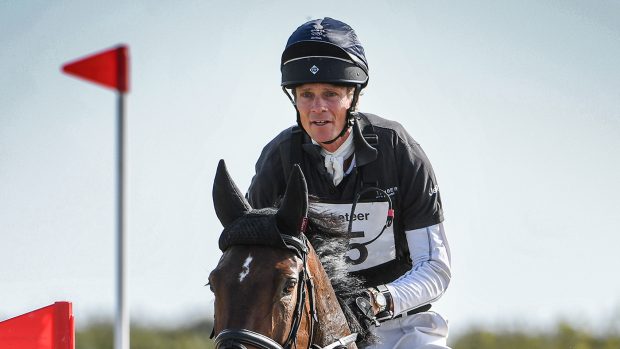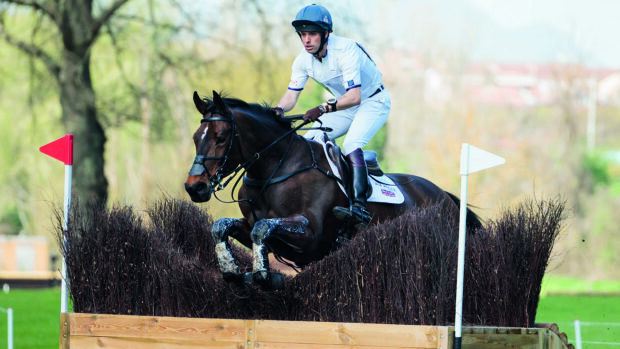Leading riders have expressed concern that Britain is not sending a team to this year’s World University Equestrian Championships — because the format does not help develop elite riders.
The event, which takes place in Abu Dhabi in March, follows the same format as the popular British University and Colleges Sport (BUCS) league competitions in the UK. Riders are given an unknown horse provided by the venue. They have around 10min to warm up before doing a dressage test and a round of showjumping.
The final consists of a prix st georges standard test and a 1.30m course.
Previous winners of the BUCS national title include event riders William Fox-Pitt and Emily Llewellyn. William also won the showjumping element of the World Championships.
Student representative Henry Wormersley-Smith said the decision, by BUCS, not to send a British team this year made no sense.
“University equestrian sport is already hugely underfunded, with riders having to provide the vast majority of costs through fundraising. This flies in the face of Britain’s supposed Olympic legacy,” he said.
Britain did not win a medal at the last World University Equestrian Championships, at Aachen in 2012, but had previously come home with at least one medal at every event since 1997.
William Fox-Pitt said it was a “huge shame” that BUCS was not sending a British university team to this year’s championships.
“They provide a fantastic experience, particularly to riders not able to own or finance their own horse,” he added. “The format also encourages riders to be adaptable and astute.”
Emily Llewellyn, who won the BUCS national title in 2009, said the World Championships were “a really good platform to meet people and make contacts, especially for riders without family backing”.
But BUCS — which took the decision following discussions with the British Equestrian Federation (BEF) — insisted they “did not help future Olympians”.
A spokesman said: “It does not reflect what happens in other senior competitions and therefore does not represent a development opportunity for the athletes we’re targeting.”
The BEF added that the decision had “not been taken lightly”, but the competition format did not fit within its World Class development programme on which its funding from UK Sport was based.
This story first appeared in H&H in 16 January 2014 issue.



